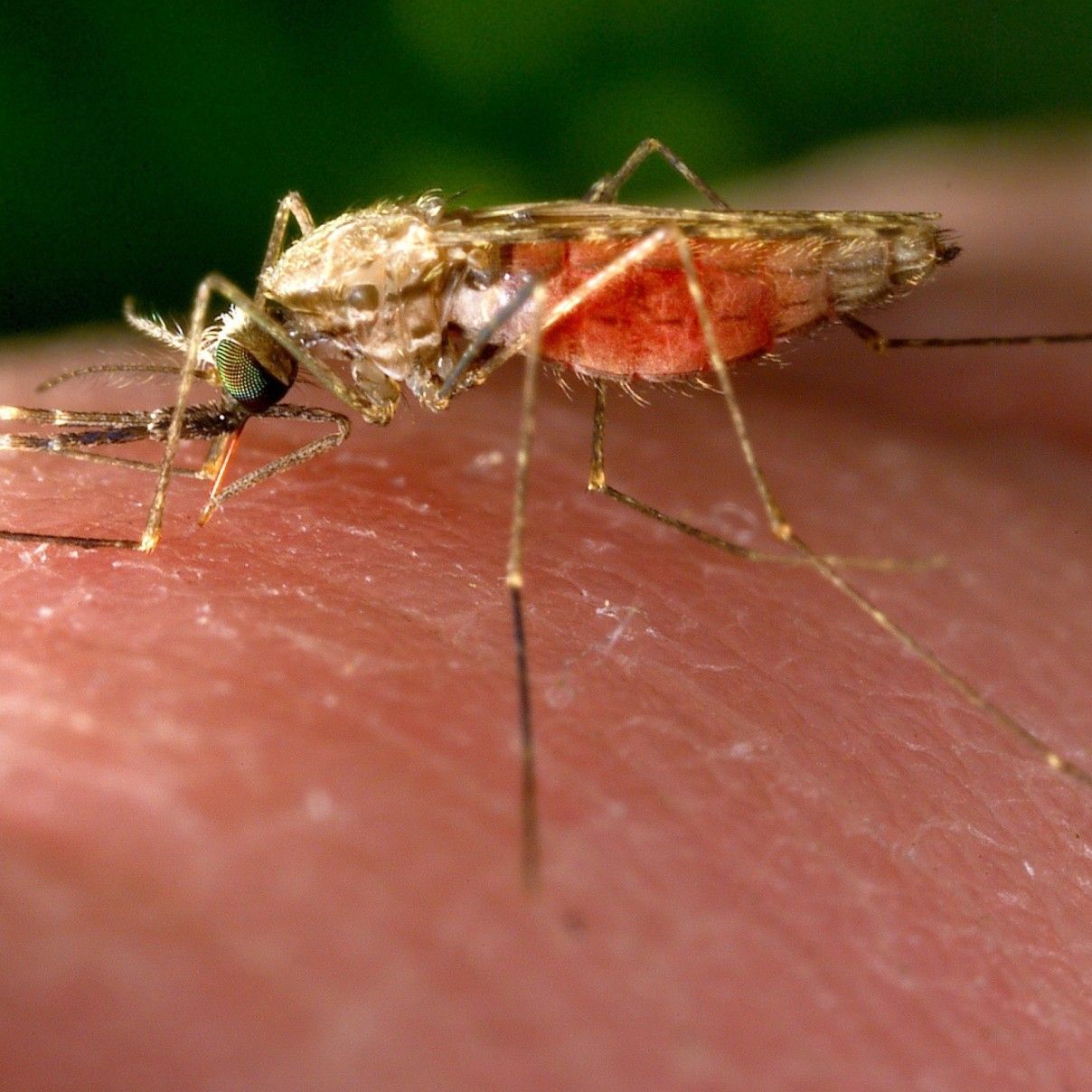Despite considerable progress in preventing and treating malaria in the past two decades, the disease continues to take a heavy social and economic toll, especially in Africa. In 2018, there were around 228 million malaria cases and an estimated 405,000 deaths worldwide, mostly of children under five years old.
Imperial is now at the vanguard of the global fight against malaria, taking a truly multidisciplinary approach to the problem through the Network of Excellence in Malaria. Here, researchers are focusing on every stage of the complex life cycle of the disease, as well as diagnostics, treatment of clinical symptoms, epidemiology, mathematical modelling and economics of the disease.
Imperial also leads an international consortium, Target Malaria, which is backed by the Bill & Melinda Gates Foundation and aims to reduce the numbers of malaria mosquitoes to reduce the transmission of the disease. Imperial academics are leading projects to develop innovative gene drive technology which spreads a variant rapidly through malaria-causing mosquito populations, ultimately causing their numbers to crash. The work has been validated in caged populations of mosquitos and computer modelling shows it could significantly reduce malaria in the wild. The teams are working with local communities in the sub-Saharan African countries where Target Malaria trials will take place.
Meanwhile, another group led by Professor Jake Baum, has identified compounds that could prevent malaria parasites from being able to infect mosquitoes, halting the spread of disease.
Professor Baum said: “Fighting malaria is a constant battle as parasites become resistant to antimalarial drugs. Since transmission occurs in the mosquito, drugs targeting this process have the added benefit of being naturally much more resistance-proof, which could be essential for eliminating malaria.”
Institute of Infection
The new Institute of Infection at Imperial brings together one of the largest critical masses of researchers working across infectious disease, anywhere in the world.
Building on the College’s global research expertise, the Institute will unite scientists from medicine and life sciences with mathematicians, engineers, physicists and a range of other fields to work together in new ways, harnessing their combined expertise to tackle emerging and longstanding issues in infectious disease.

